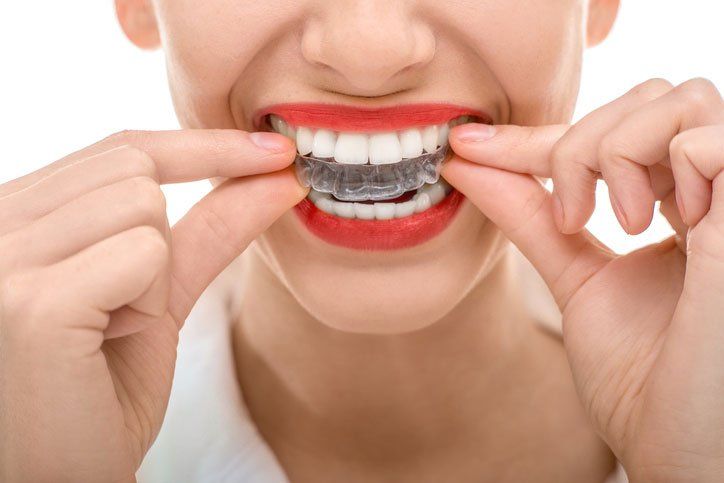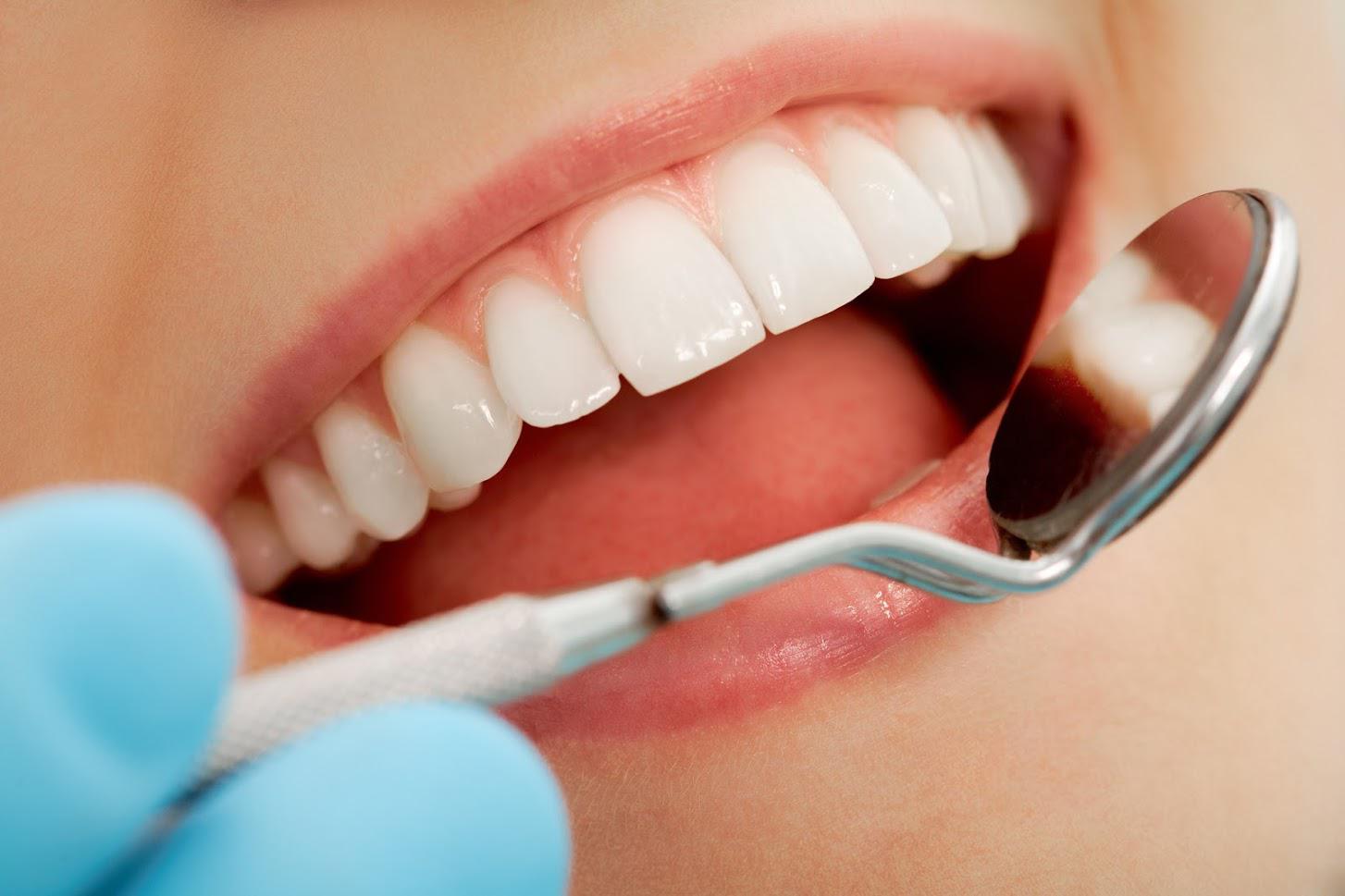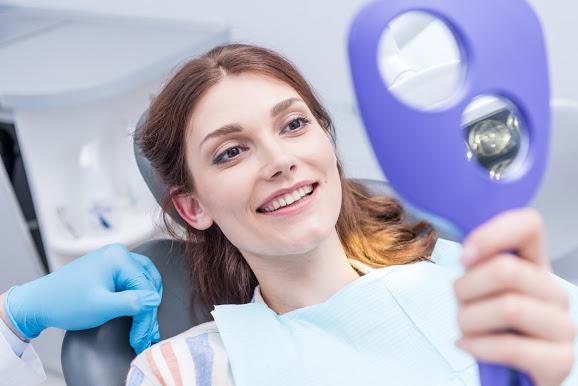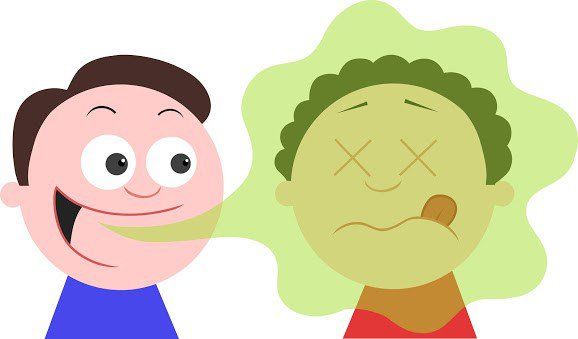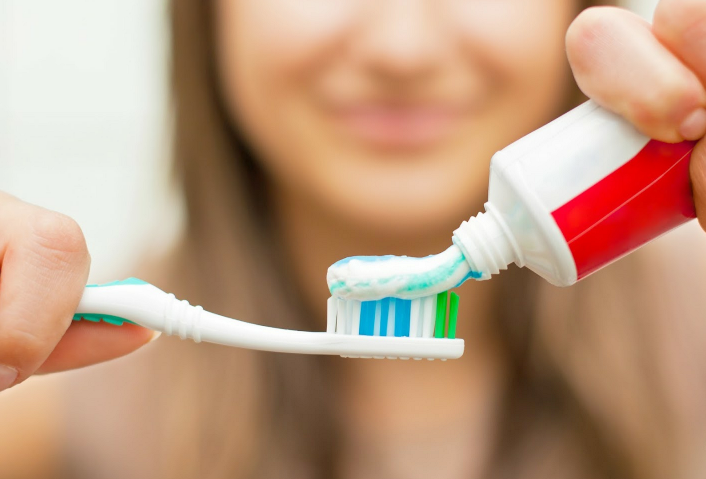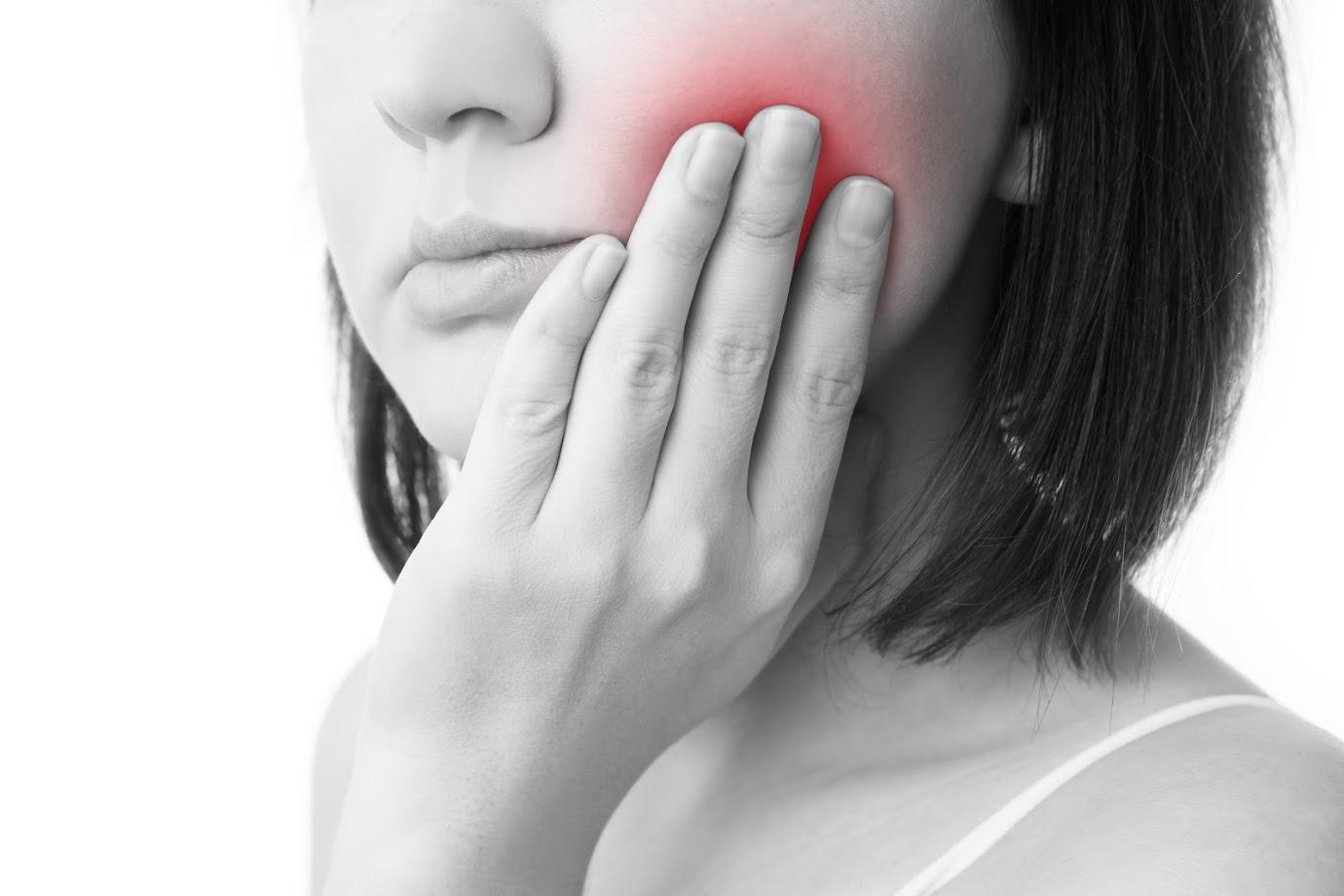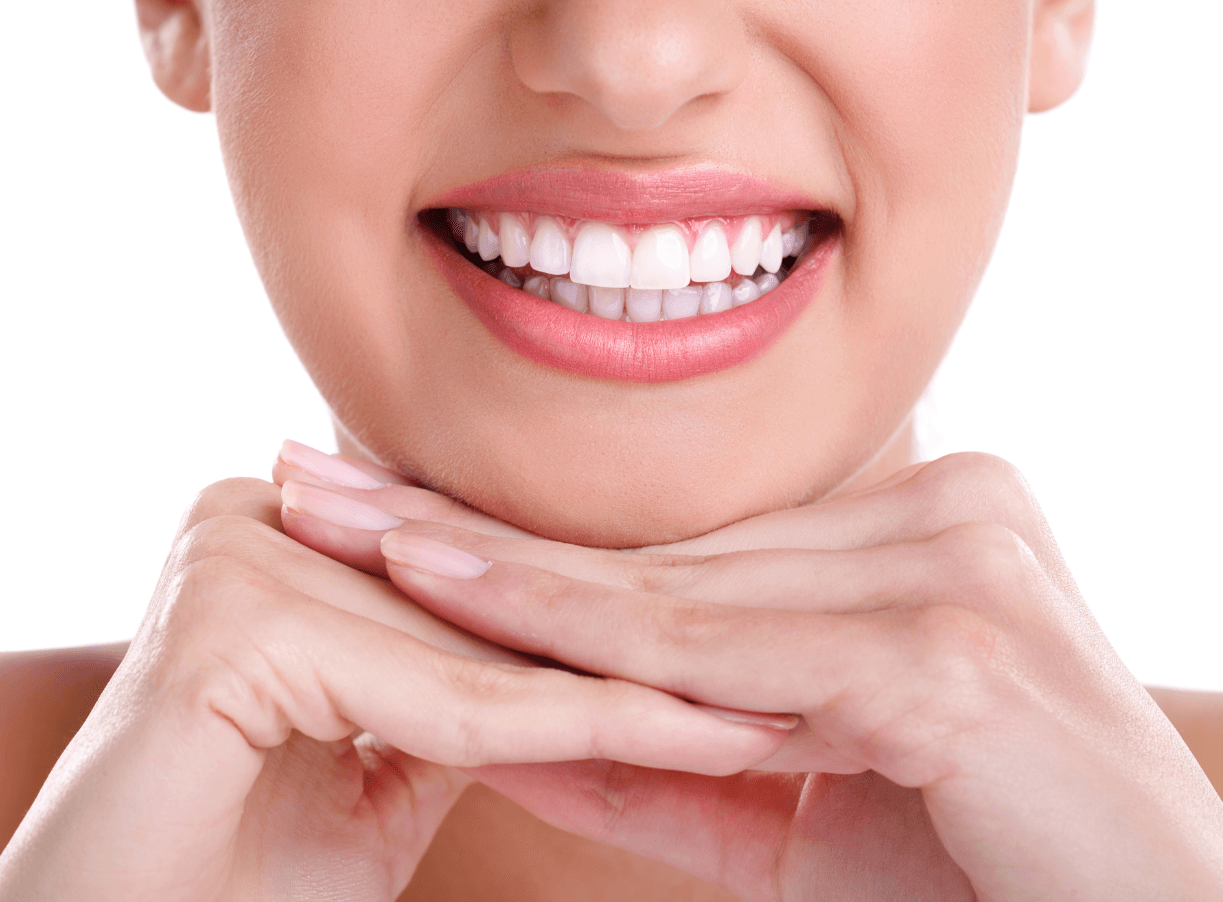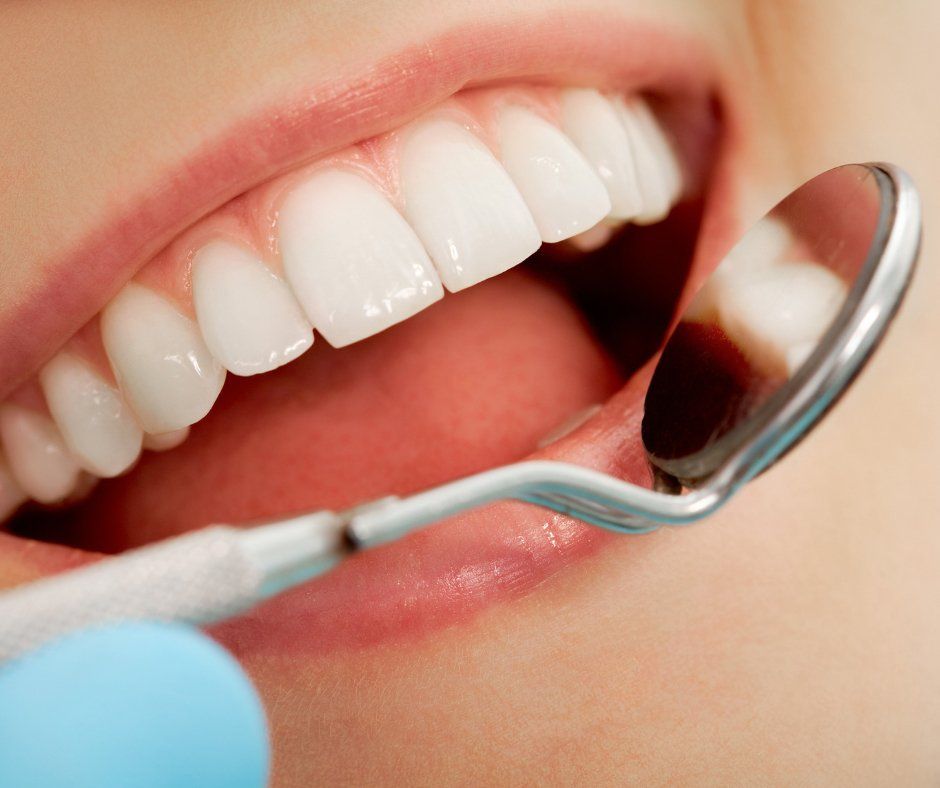
Slide title
great service over the years
I appreciate the service Dr. Landy and his staff members have provided to me over the years. My teeth look great and I really appreciate getting service from this team!
- Eric B.
Button
Slide title
Great Service and Results
I have been with Dr. Landy over a year and he has been wonderful. His staff is also friendly and helpful. I love the results my teeth look great. My appointments are always timely as well. Extremely professional and pleasant!
- M. B.
Button
Slide title
Great dentist
I've been seeing this dentist for years and he takes good care of my teeth. He has accurate advice and recommendations.
- A. S.
Button
Slide title
Thank U
Thank you for excellent service!
- C. A.
Button
Slide title
quite satisfied
Dr Landy did a great job of numbing so I felt no discomfort. The crown fits well.
- Anonymous
Button

Slide title
great service over the years
I appreciate the service Dr. Landy and his staff members have provided to me over the years. My teeth look great and I really appreciate getting service from this team!
- Eric B.
Button
Slide title
Great Service and Results
I have been with Dr. Landy over a year and he has been wonderful. His staff is also friendly and helpful. I love the results my teeth look great. My appointments are always timely as well. Extremely professional and pleasant!
- M. B.
Button
Slide title
Great dentist
I've been seeing this dentist for years and he takes good care of my teeth. He has accurate advice and recommendations.
- A. S.
Button
Slide title
Thank U
Thank you for excellent service!
- C. A.
Button
Slide title
quite satisfied
Dr Landy did a great job of numbing so I felt no discomfort. The crown fits well.
- Anonymous
Button
Slide title
Dr Landy is the best. I have been coming to his office for years. He takes great care of his patients with empathy and compassion. Thanks for all you do!!
- Anonymous
Button
Slide title
Dr. Landy is great. He always explains things is a very clear and straight forward manner and has a great job of getting me back on track after a couple years of less than stellar mouth care. Highly recommend.
- Anonymous
Button
Slide title
Great Dentist. Makes the visit very, very pleasant. Always a Joy. His assistant Angela is the best. A patient for Life.
- Anonymous
Button
Slide title
Always nice people and efficient service.
- Dan M.
Button
Slide title
Highly Recommend
I have been extremely satisfied with Dr. Landy's services. The staff is extremely pleasant and professional. Appointments are always timely. All of my issues have been addressed and my teeth look beautiful was again
- M. B.
Button
Slide title
Simply the best dentist I've ever had!
The doctor was clear, concise and, above all, incredibly knowledgeable. The dentist assistants were also truly lovely. I can't believe I'm going to say this but...I'm looking forward to going to the dentist now!
- Jan B.
Button
 Write your caption hereButton
Write your caption hereButton
Slide title
Write your caption hereButton
Slide title
Write your caption hereButton
Managing Bruxism When You Can't Go to the Dentist
- By Admin
- •
- 08 Apr, 2020
- •
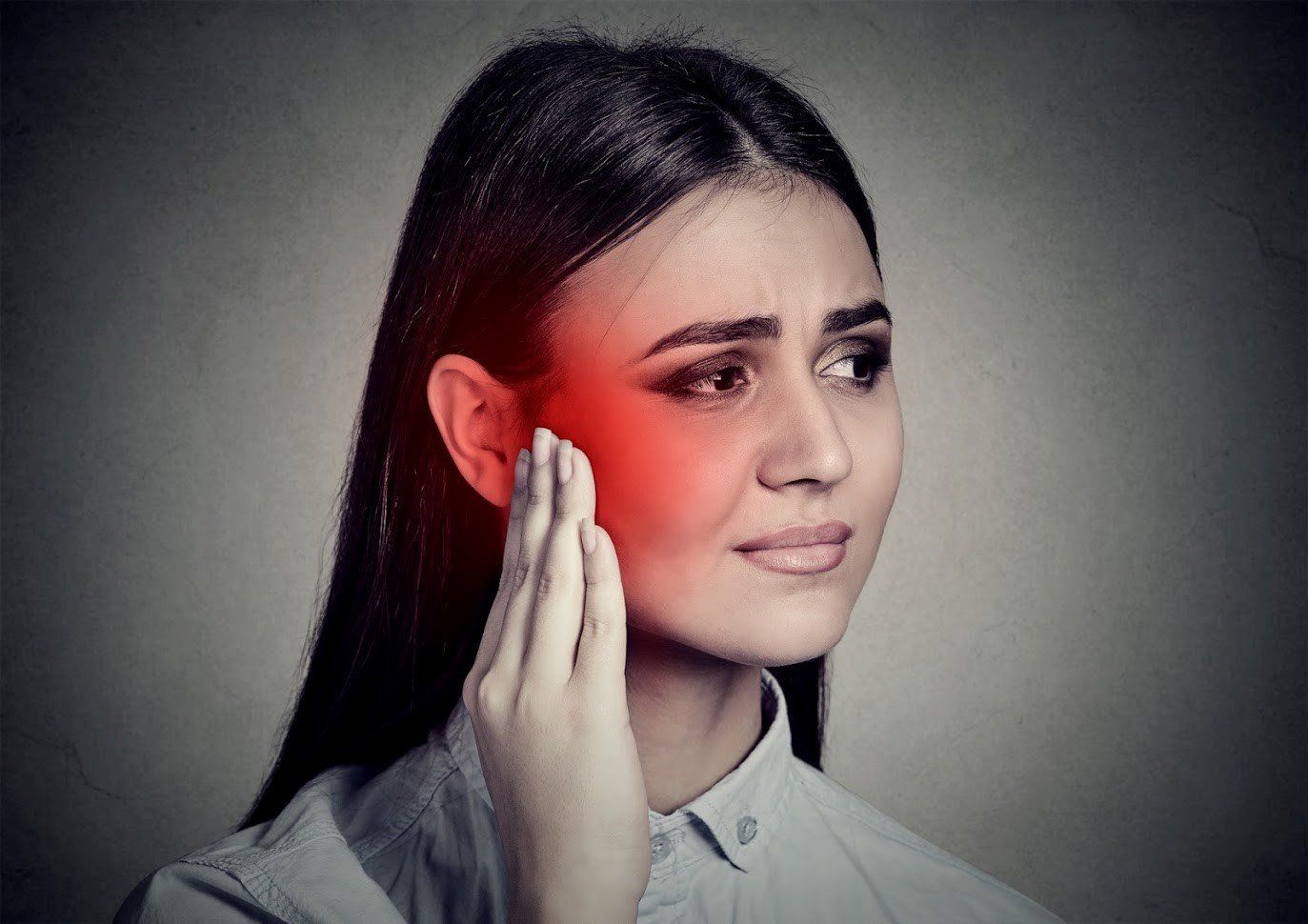
Professional dental care is always the gold standard for any dental problem, but not everybody always has easy access to a professional. Whether your state is under a stay-at-home order and only emergency dental visits are allowed, or whether you lack transportation or mobility, you may feel like you're out of options.
But unlike a tooth cavity, a bruxism problem doesn't have just one solution. Professional treatments, home care, and other factors can all contribute to lessening the issue. Discover some steps to take for your bruxism if you can't get to the dentist in person anytime soon.
1. Look for Virtual Dental Consult
In some cases, you may be able to consult your dentist over the phone or via an online video meeting. This virtual consult won't give your dentist the chance to physically perform work on your mouth. However, you can discuss any symptoms you have and ask your dentist for recommendations on how to manage any ongoing bruxism issues.
2. Get a Nightguard You'll Use
Your dentist may recommend a nightguard for nighttime grinding. In some cases, though, a patient may find a nightguard difficult to use. This could be due to excessive bulkiness (especially if you use an over-the-counter guard), or the nightguard may simply not fit any more.
For example, if you've had dental work done recently, you may need refitting for a nightguard. Or if your case is severe, your guard may be completely chewed through and need replacement.
Unfortunately, if you can't visit your dentist in person, you won't be able to get your dentist to fit you for a new guard. However, some alternatives exist, such as ordering a kit in the mail so you can take an impression of your teeth and have a laboratory make the professional-quality guard for you. Talk to your dentist about which options may be best for you right now.
3. Check Out Your Jaw Muscles
Your main clenching and grinding muscles include masseter, pterygoid, and temporalis muscles. The masseter is located alongside the back and side of your jaw (on both sides of your face) as expected, with two sets of pterygoids beneath. The temporalis is in the temple region, above your ear. These muscles may be tense and may benefit from some gentle rubbing.
You may also hold tension in other muscles in your head and neck region, depending on the extent and cause of your bruxism. Talk to your dentist about whether some of the other muscles in your head and neck area may need stretching or self-massaging as well and how this could affect your clenching and grinding.
4. Examine Your Sleep Hygiene
Sleep hygiene is a term that encompasses the conditions in your sleeping area each night, your sleep schedule, the way you prepare for sleep, and similar related issues. If you have poor sleep hygiene, that doesn't mean bruxism is your fault. It could offer an opportunity to work towards improved sleep hygiene, though, which can relieve symptoms in some patients.
Check the recommendations of experts such as the National Sleep Foundation for recommendations for better-quality sleep. Then experiment with incorporating some of these to see if they help your bruxism. For example, some patients can find some relief when they add a relaxing bedtime routine.
Relaxing routines could include indulging in a warm bath just before bed, doing a few yoga stretches, or even doing just a little deep breathing. Some people also try magnesium supplements. (Be sure to consult with your doctor before adding any new supplements such as magnesium.)
These steps may help you to protect your teeth against the effects of bruxism while you wait for your next opportunity to make a dental appointment. Be sure to keep an eye on the state of your teeth as well, though. In some cases, bruxism can cause chipped or even broken teeth. A broken tooth can sometimes require an emergency dental appointment.
For more information on our services and appointments, call the office of Michael G. Landy DDS today.
4600 Connecticut Avenue NW, Suite 131
Washington, DC 20008-5750
michaelglandydds@gmail.com

